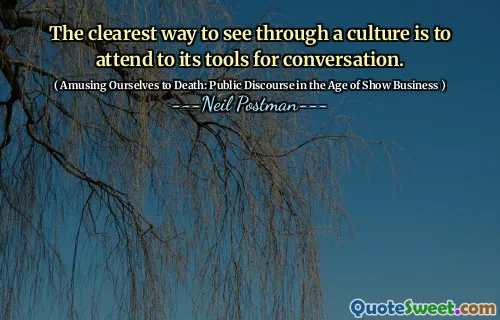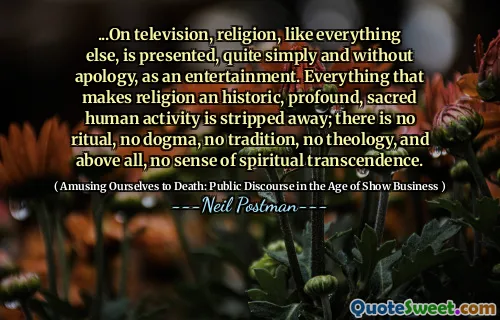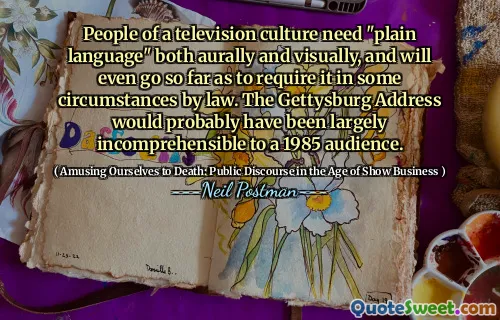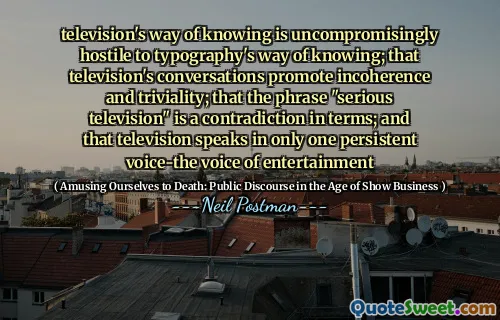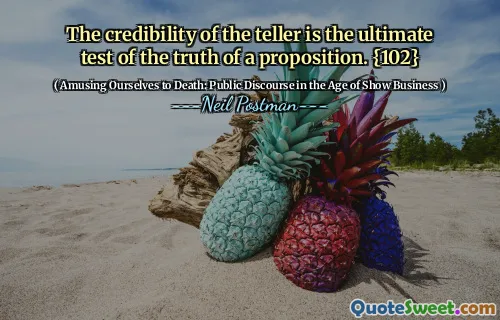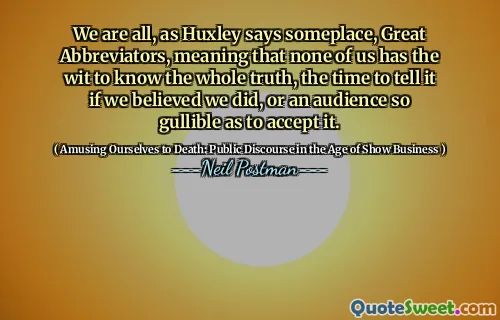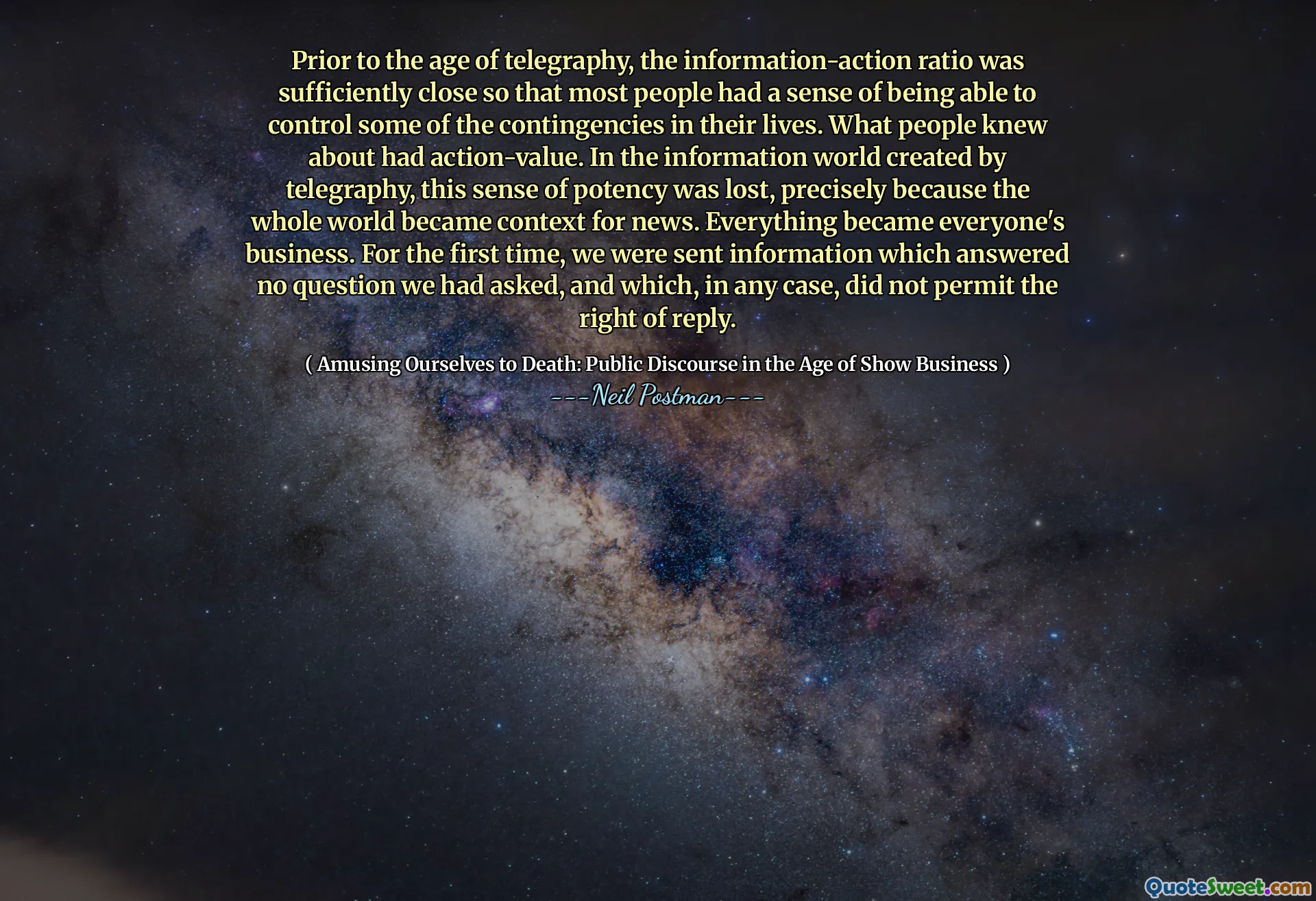
Prior to the age of telegraphy, the information-action ratio was sufficiently close so that most people had a sense of being able to control some of the contingencies in their lives. What people knew about had action-value. In the information world created by telegraphy, this sense of potency was lost, precisely because the whole world became context for news. Everything became everyone's business. For the first time, we were sent information which answered no question we had asked, and which, in any case, did not permit the right of reply.
Before telegraphy, people felt a sense of control over their lives because the information they received was relevant and actionable. Knowledge held significant value, allowing individuals to directly influence their circumstances. The connection between information and action was intimate, granting a feeling of potency in navigating daily challenges.
However, the advent of telegraphy transformed this dynamic by inundating society with a vast array of news, turning everything into a collective concern. Individuals began to receive information that was unrelated to their personal inquiries, stripping away their ability to respond or engage. This shift marked a loss of individual agency, as the news became overwhelming and detached from practical relevance.
